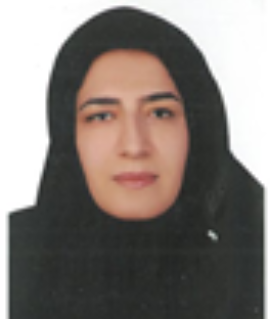Title : The effect of Viola tricolor L. flower hydro-alcoholic extract on anxiety-like behavior in a mouse model of chronic asthma
Abstract:
Background: Since anxiety may aggravate asthma outcomes and current anti-anxiety drugs may cause respiratory depression, the development of new anxiolytic therapies for asthmatic patients is critically needed. Viola tricolor L. has been used empirically for asthma remedy, but its anxiolytic effect has not been evaluated yet. Here, we investigated the effect of Viola tricolor L. hydro-alcoholic extract on anxiety- like behaviour in ovalbumin (OVA) sensitized mice.
Methods: BALB/c mice were randomly divided into six groups: normal control, OVA (asthma) control, OVA + Viola tricolor (50, 100 and 200 mg/kg) and OVA + dexamethasone (3 mg/kg). Allergic asthma was induced in mice by sensitization and challenge with ovalbumin. Asthmatic mice were treated orally in the last 7 days of the OVA challenge. One hour after the last administration of therapeutic regimen, the anxiolytic activity was evaluated by elevated plus maze. Next day, the body weight of the animals and OVA-specific immunoglobulin (Ig) E levels in serum were measured.
Results: Viola tricolor at all three doses as well as dexamethasone significantly suppressed OVA- induced IgE production, although IgE level in dexamethasone-treated group remained significantly higher than the normal control group. Viola tricolor treatment particularly at 200 mg/kg increased open arm activity and improved body weight in asthmatic mice. However, treatment with dexamethasone in asthmatic animals did not induce significant changes in open arm activity and body weight.
Conclusions: Unlike corticosteroid therapy which did not improve anxiety, Viola tricolor can be a good remedy for treating asthma associated anxiety.


